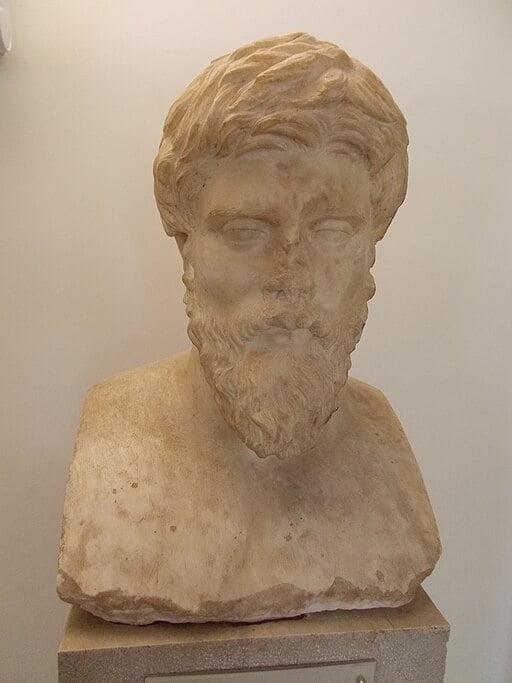Philosophy is one of the oldest academic disciplines that seek to understand the fundamental nature of existence, reality, and knowledge. It has been practiced in different parts of the world, including India and Greece, where it has deep roots in their culture. Greek and Indian philosophy stands out as two of the most influential and significant philosophical traditions in the world. They differ in their approach to the fundamental questions of existence but share some similarities as well. This article aims to provide a comparative analysis of the two philosophical traditions and examine their differences and similarities.
A Comparative Analysis of Greek and Indian Philosophy
Greek Philosophy
Emerged in the 6th century BCE and was centered around the city-states of Athens and Sparta. The Greeks were interested in understanding the nature of the universe, the meaning of life, and the relationship between the individual and society. The three main branches of Greek philosophy are metaphysics, epistemology, and ethics.
Metaphysics deals with the nature of reality, and the Greeks believed that reality is composed of five elements, namely fire, water, air, earth, and aether. Epistemology, on the other hand, deals with knowledge and how it is acquired. The Greeks believed that knowledge is acquired through experience and observation. Ethics, the final branch of Greek philosophy, deals with the principles of right and wrong behavior.
Indian Philosophy
Is a diverse set of traditions that emerged in the Indian subcontinent. It is characterized by its emphasis on spirituality, the soul, and the nature of consciousness. The three main branches of Indian philosophy are Jainism, Buddhism, and Hinduism.
Jainism emphasizes non-violence and asceticism, Buddhism emphasizes the middle path, and Hinduism emphasizes the attainment of spiritual liberation. Indian philosophy also includes the concept of karma, which is the idea that actions in this life determine the fate of the individual in the next life.
Examining the Differences and Similarities Between Two Divergent Philosophical Traditions
Differences
One of the key differences between Greek and Indians is their approach to the fundamental questions of existence. Greek philosophy is focused on understanding the physical world, while Indian philosophy is focused on understanding the spiritual world. The Greeks believed that reality was composed of five elements, while the Indians believed in a more complex system of five elements, including earth, water, fire, air, and ether.
Another significant difference is the role of religion in philosophy. Greek was often critical of religion, while Indian was more closely intertwined with religion. The Greeks believed that reason and logic could be used to understand the world, while the Indians believed in the use of meditation and spiritual practices.
Similarities
Despite their differences, Greek and Indian philosophy share some similarities. Both traditions seek to understand the nature of existence and reality. They both have a focus on ethics and the principles of right and wrong behavior. Both traditions also have a strong intellectual tradition and have produced some of the most significant philosophical thinkers in history.
Another similarity is the use of dialectic. The Greeks were known for their use of dialectic, which is the process of reasoning through opposing viewpoints to arrive at a conclusion. Indian philosophy also uses dialectic, but in a more subtle way, with a focus on understanding the nature of consciousness.
In conclusion, Greek and Indian philosophy are two of the most significant and influential philosophical traditions in the world. Despite their differences, both traditions have contributed significantly to our understanding of the world and our place in it. By examining their differences and similarities, we can gain a deeper appreciation for the rich and complex history of philosophical thought.
Image credit
Odysses, Public domain, via Wikimedia Commons
